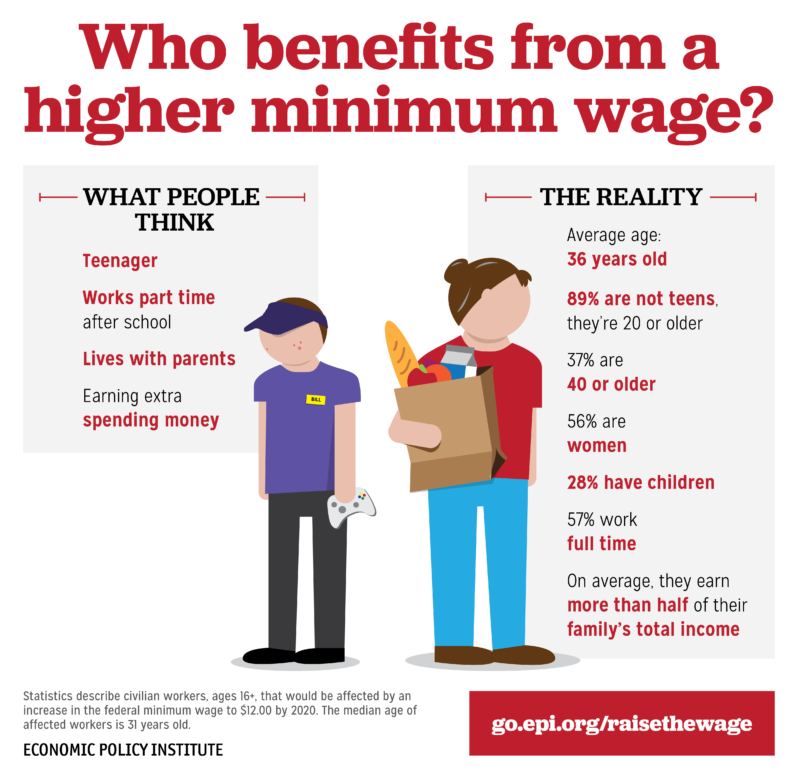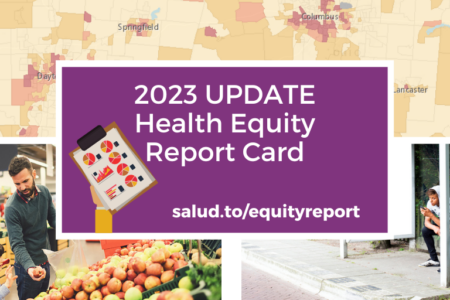
Share On Social!
Few factors are as important to a person’s health as their income. Millions of Latinos and other minorities struggle to make ends meet financially because of low-wage jobs. Low wages lead to housing instability, food insecurity, and poor health.
In recent years, cities across the country have pursued efforts to raise the minimum wage so that workers will have a better chance of getting ahead, accumulating wealth, and provide better living environments for their families.
One such example is found in Kansas City, MO (14.54% Latino population), in which voters overwhelmingly approved raising the minimum wage from $7.70 to $10 an hour. This would precede annual increases up to $15 by 2022.
“We are so pleased that Kansas City has demonstrated a progressive political perspective on tone and attitude on this issue,” said the Rev. Vernon Percy Howard Jr., president of the Greater Kansas City board of the Southern Christian Leadership Conference, which backed the increase in an interview with CNN Money. “Our brothers and sisters deserve human dignity.”
However, a state law which goes into effect on August 28, 2017, takes precedence over city law and caps the minimum wage level at the current $7.70.
The new Kansas City measure would go into effect on August 24, 2017, four days before the state law. In St. Louis, MO (3.74% Latino population), the city successfully defended its minimum wage increase – up to $10 in 2015 – to the Missouri Supreme Court.
The new state law will bring this back to $7.70. Nationally, the federally mandated minimum wage is $7.25.
Read more the link between Latinos and income equity here:
- Latino Families are Struggling in Northern California. #SaludAmerica #SaludSupport http://salud.to/2vnyKSX
- Income, health & employment disparities are growing in LA! #SaludAmerica #SaludSupport http://salud.to/2lV9WL3
By The Numbers
142
Percent
Expected rise in Latino cancer cases in coming years



